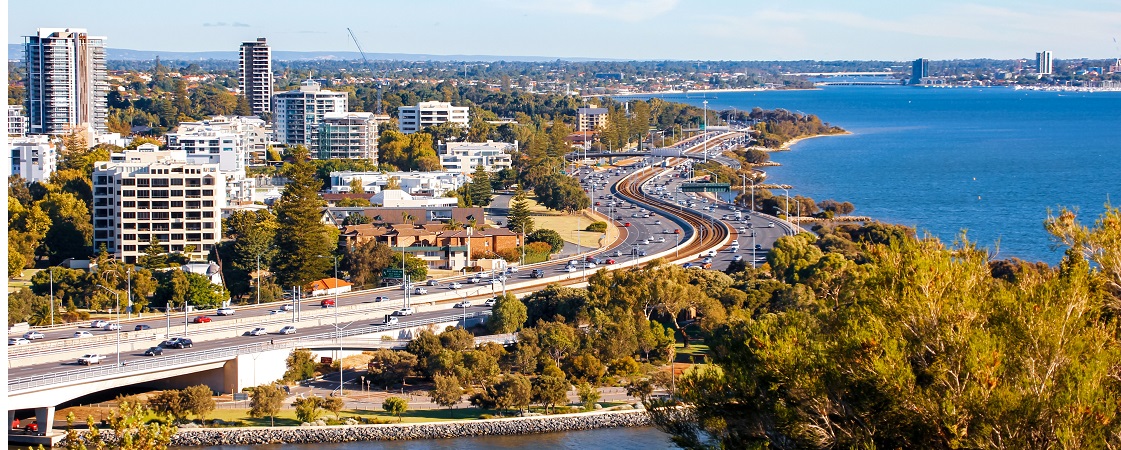Special Sessions
To enhance the technical program and focus on specific topics and areas, INDIN 2022 will include special sessions, in addition to the regular tracks. Special sessions can cover subjects or cross-subjects belonging to the topics of interest, or novel topics related with the ones identified within the topics of interest. Special sessions can also have the drive from specific Research & Innovation projects or clusters of projects.
Accepted Special Sessions
Real-time Monitoring, Diagnosis, Prognosis and Tolerant Control for Industrial Systems
Future Industrial Sensing: The Role of Vision and Touch
Industry 4.0 in Agriculture
Deterministic Communication and Computing for Advanced Industrial Systems
Show all special sessions in a single page
Organization of special sessions
If you are interested in organizing a special session, please follow the rules of special sessions organization below and contact special sessions chairs, Qing-Long Han (qhan@swin.edu.au), Thomas Strasser (thomas.strasser@ait.ac.at), and Paulo Leitão (pleitao@ipb.pt). Please note the important dates for special session proposals.
Please use this template for Special Session proposals.
Rules for organization of special sessions
Prospective organizers of a Special Session (SS) must consider that:
- An individual can be (co-)organizer of up to two Special Sessions.
- An individual cannot be (co-)author of more than two papers submitted to the same Special Session.
- Papers from organizers cannot exceed 60% of the contents of the Special Session.
In the preparation phase of the proposal, special attention shall be paid to the compliance of the proposals with IES rules for special sessions, to the qualification and experience of the suggested reviewers, and to potential support by Technical Committees.
The evaluation phase of a Special Session proposal starts immediately after its submission, and the publication on the conference website happens as soon as the Special Session is approved by the Chairs.
Once a Special Session is approved, it is the duty of the organizers to publicize the Special Session among researchers and practitioners in the field and attract a sufficient number of papers.
Papers submitted to special sessions will undergo the same review process as regular papers. The Special Session organizers are not involved in the management of the review process. Conversely, this process is under the control of the Special Session Chairs, that identify the most suitable Technical Track for each Special Session and liaise with the corresponding Track Chairs for the selection and assignment of reviewers. Specifically, each paper will be reviewed by two reviewers from the Technical Track’s Program Committee, and by two reviewers from the list of reviewers recommended by the SS organizers.
Before starting the review process, SS organizers must explicitly declare papers which present a conflict of interest for them. A conflict of interest arises where the judgement about the quality of a paper is, or can potentially be, influenced by one or more of the organizers being (co-)authors, or by knowing or having relationship with some of the authors. To ensure independent reviews, any potential conflict must be immediately notified to the SS Chairs.
A minimum of 5 accepted papers with authors from at least 3 independent institutions (other than the organizers institutions) and two different countries is required for each session. If a session has too few papers, accepted papers will be allocated to regular sessions wherever possible. In case of indication of weakly organized special sessions, the conference organizers will support the organizers with advice but reserve measures including cancellation of the respective special session.
Important Dates
| Submission of special sessions proposals | Feb 20, 2022 |
| Notification of acceptance | Feb 28, 2022 |
Special Session Chairs
-
QingLong Han
Email: qhan@swin.edu.au -
Thomas Strasser
Email: thomas.strasser@ait.ac.at -
Paulo Leitão
Email: pleitao@ipb.pt


